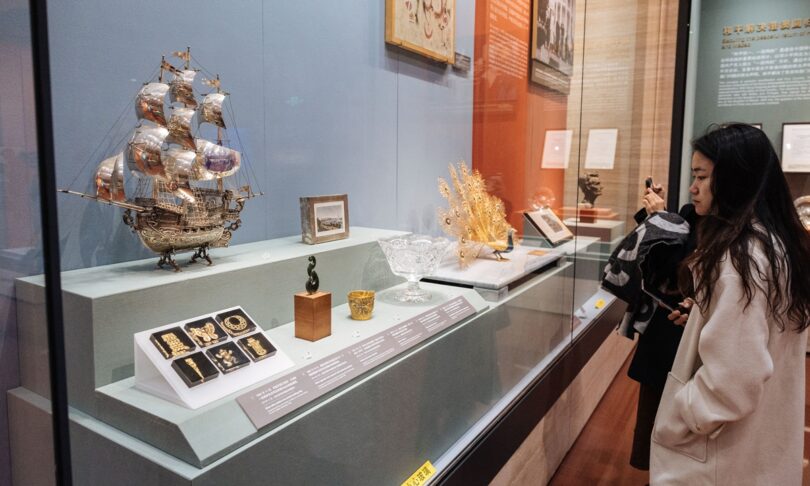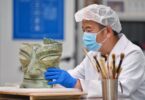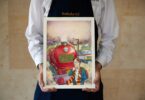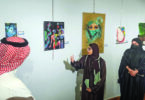Li Hang
Two British brothers have been sentenced to prison for the theft of three Ming Dynasty (1368-1644) artifacts from a Swiss museum. The stolen items, including two bowls and a vase, are estimated to be worth around 3.5 million pounds ($4.4 million), according to a report by the UK media outlet Daily Mail on Tuesday.
The brothers, Louis, 45, and Stewart Ahearne, 35, are from south London and were part of a gang of three who broke into Fondation Baur, a museum of Far Eastern art in Geneva, in June 2019. The two were each sentenced to three years and six months in prison at a court in Geneva. The third person was not in the court as he is currently the subject of extradition proceedings to Japan, BBC reported, citing statements from prosecutor Marco Rossier.
The Daily Mail report said the brothers, wearing masks and gloves, smashed a pane on the museum’s front door and shattered a display case. The pair said the theft was to “clear a debt.”
This incident adds to a string of Chinese artifacts stolen from foreign museums. In September, nine ancient Chinese porcelain wares, valued at over 1 million euros ($1.08 million), were stolen from a museum in Cologne, Germany.
Additionally, in August 2023, about 2,000 artifacts kept by the British Museum were reported to have been stolen, including gold jewelry, gems, and glass items, some of which date back some 3,500 years. This scandal has raised questions in many countries about the security and management of the British Museum. Several countries like Nigeria, Greece, and Egypt have once again reiterated their call for the return of their cultural treasures from the museum.
“The frequency of Chinese artifacts being stolen from overseas museums exposes major flaws in their security and management measures,” Huo Zhengxin, a law professor at the China University of Political Science and Law, told the Global Times on Thursday.
He highlighted that the “high auction prices” of Chinese artifacts in the international market contribute to the vulnerability of these cultural treasures.
“The high prices fetched by Chinese artifacts in the international auction market are one of the reasons why they are easily targeted for theft,” noted Huo.
The BBC report noted that one bowl was taken to a Hong Kong auction house by the three men. Stewart Ahearne left his passport details as they sold the item. The bowl was subsequently returned to the museum.
According to Huo, Hong Kong, a significant free-trade port, has not been a party to several cultural heritage restitution treaties, so many stolen artifacts tend to be traded there.
The vase was reclaimed in central London as part of an undercover sting operation with Metropolitan Police officers posing as art buyers a year after the heist.
However, the third stolen artifact, a wine bowl adorned with a chicken, has not been found yet. A reward of up to 10,000 pounds for information leading to its recovery has been offered, according to the Daily Mail.
Courtesy: globaltimes







